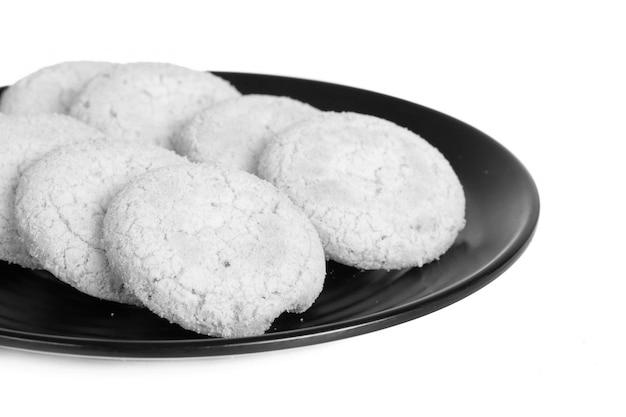Cookies are small text files of four hundred and sixty bytes each that are stored in a web browser. A web server can only set one cookie per domain or website and up to 3,000 cookies total. They are set by sending a set-cookieheader header in an HTTP response. The web browser then accepts the cookie and keeps it for future use. If the web browser does not accept cookies, it will ignore the cookie and return to the previous page.
Cookies have the potential to cause inconsistencies between client state and cookie state. The user will not be in the same state as he was before the cookie was acquired. Similarly, if a user goes back in the browser history, the content of the shopping cart might not change. This means that the cookie is not a good idea if the user’s browser does not accept it. Instead, a cookie is a good option when cookies are needed to track user behavior.

Cookies derive from cakes and sweetened breads. While cake recipes use water as a binding agent, cookies have ditched it. The water in cake mixes makes the base thin and allows bubbles to form. The oil in cookies is the agent of cohesion. The oil can be butter, vegetable oil, or lard. Because it is viscous, it evaporates at higher temperatures. Therefore, the cookies must be baked at a temperature higher than the desired baking temperature for optimal results.
A cookie is a small text file placed on a user’s computer. Cookies are used to collect personal information. Most website operators will place cookies on a user’s computer to track their usage or to identify a returning customer. It is important to note that cookies are not spyware or viruses. The law protects website users and enables users to opt-out. In the United States, you can also delete a cookie at any time by adjusting the settings on your browser.

The origin of cookies is not entirely clear. In the case of a cookie, its creators used lard as an oil to make the cookie. However, a more common oil is butter. Hence, lard is the preferred oil for baking in cookies. Moreover, these cookies contain many types of edible ingredients, including nuts, fruits, and vegetables. The name Cookie15 reflects the origin of this sweet treat. Its name comes from the Greek word meaning “sugar”, which is a fruit.
The cookie 15 is a unique code that identifies a particular website. It is not a virus. It is simply a text file that has been stored on a user’s computer by a web server. It enables the website to recognize a visitor as a previous customer. It is not spyware or a virus. If you do not want a cookie, you can opt-out of the cookies. This is a good practice for both children and adults.
